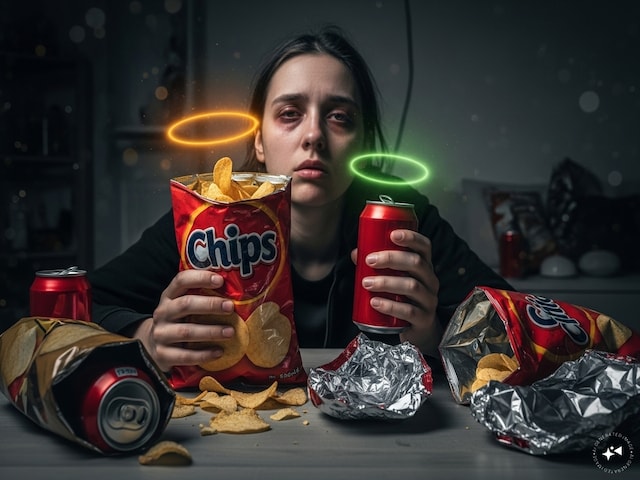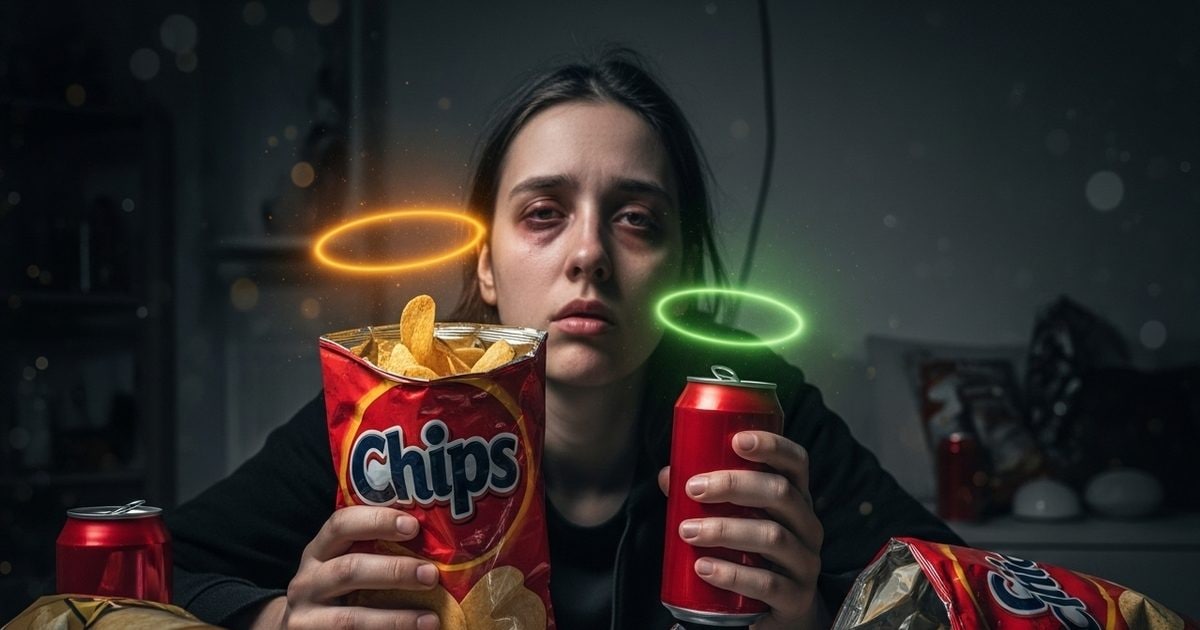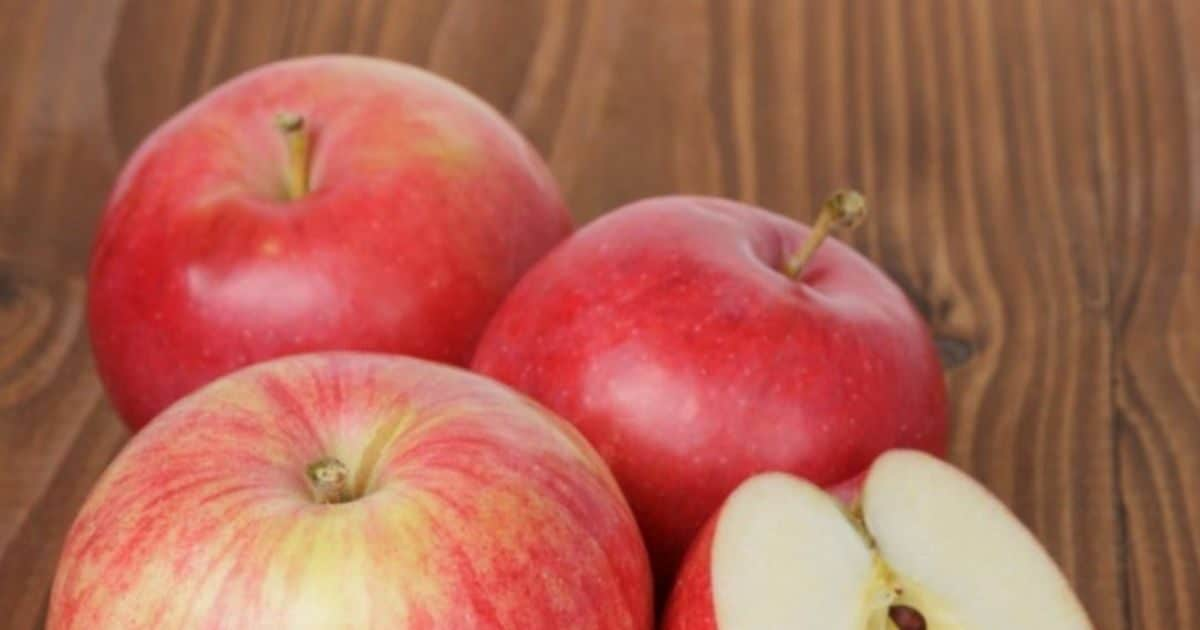Last updated:
Junk Food Addiction: Chips, cookies and cold drinks are addicted to alcohol. This has been revealed in a new study. According to scientists, this addiction can prove to be very dangerous for health.
 The addiction of cold drinks can also be like alcohol.
The addiction of cold drinks can also be like alcohol.Highlights
- The addiction of ultra-processed foods can be dangerous as alcohol.
- Chips, cookies and cold drinks are also harmful for health.
- Researchers advised to take the addiction of processed foods seriously.
Researchers say that if these food items are not known as addiction, then it can prove to be very dangerous for health. It can have serious effects around the world. Ashley Gearhart, the lead of this research, said that people do not feel addicted to apple or lentils. The problem is with those food items, especially made in such a way that they affect the brain like intoxication. These processed foods activate the part of the brain, which gives us a happy experience. This is the reason that a person’s mind repeatedly keeps them to eat, even if it is harmful to health. All these symptoms are similar to some addiction.
Researchers believe that caffeine and nitrous oxide are easily accepted as addiction, so why not ultra-processed food? Now the time has come to take it as seriously scientifically. Health experts, doctors and governments should identify this addiction and develop methods of treatment. Also, apply rules like banning advertisements for children, warning labels and spreading awareness, such as things like tobacco. Researcher Gearhart said that we are not saying that every food is like intoxication, but many ultra-processed food items are truly made in such a way that people get their addiction. If we do not understand this truth, then especially children will suffer a lot.

Amit Upadhyay is working as a senior sub-editor in the lifestyle team of News18 Hindi. He has about 8 years of experience in print and digital media. He writes stories on the topic related to health and lifestyle. ,Read more
Amit Upadhyay is working as a senior sub-editor in the lifestyle team of News18 Hindi. He has about 8 years of experience in print and digital media. He writes stories on the topic related to health and lifestyle. , Read more




